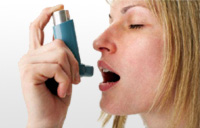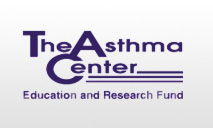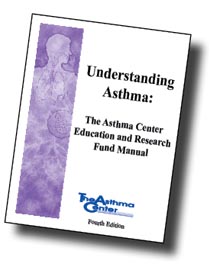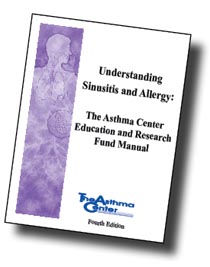Egg allergy
Although an allergic reaction to egg or a component of egg can occur at any age, it most often occurs in children, especially young children or infants. Most young children with egg allergy will outgrow their sensitivity by age 5; however, a minority of people will continue to be allergic to eggs for their entire lives. Allergic reactions to eggs may include symptoms of hives, itching, swelling of the lips and face, closing of the windpipe, vomiting, diarrhea, asthma symptoms (coughing, wheezing, shortness of breath), or anaphylaxis.
Most egg allergic reactions are mild, but the severity of a reaction can be unpredictable. Therefore it is important to understand possible exposure to egg and its products and avoidance techniques.
Individuals may be allergic to the egg white (albumin), the yellow egg yolk, both, or a product within the egg. Those with egg allergy are mostly reactive to egg white. Although you can try to separate the white from the yolk, some contamination will usually occur, leading to a reaction in a highly sensitive individual.
Some individuals have severe reactions to raw eggs (for example, soft-boiled eggs, drinks that contain raw egg), while those same individuals are unaffected by eating a thoroughly cooked egg. In general, heating or cooking an egg will change the protein inside which will often lower the egg's allergic potential for many individuals.
If you have a known strong egg allergy, you should avoid eating eggs in any form, handling egg products, or even exposuring yourself directly to the cooking of an egg where you could inhale egg allergens.
From a nutritional point of view, egg protein can be fully replaced with other proteins (meat, fish, poultry, dairy products, soy, etc.).
Even careful avoidance of egg protein can still leave an egg allergic person vulnerable to a reaction as a result of inadvertent ingestion of a hidden egg product. Egg products may be found in baked goods, candy, and even in vaccines which may be cultured on an egg.
Since 2004, all packaged foods must have labels in clear language stating if they contain a common food allergen (milk, egg, nuts, fish, shellfish, peanuts, soy, wheat, etc). Older labeling of egg products have often used the following terms for egg products:
- Albumin
- Egg substitutes
- Ovoglobulin
- Ovomucoid
- Ovotransferrin
- Egg powdered solids
- Ovolactohydrolyze protein
- Ovomacroglobulin
- Conalbumin
- Livetin
- Mayonnaise
- Eggnog
- Ovalbumin
- Ovomucin
- Ovovitellin
- Silico-albuminate
- Vitellin
Carefully reading labels and asking questions about egg content in food at restaurants can prevent accidental egg ingestion.
Egg products are also found in non-food products such as vaccines, skin creams, medications and hair care products.
To determine your sensitivity to egg, an allergist can perform allergy skin testing or order a blood test for specific egg/egg product alelrgies. If you are egg sensitive and require a vaccine grown on egg, you may be able to tolerate the vaccine or you may undergo desensitization to egg.
In the event that you or your child suffers extreme allergic reactions to egg, you can carry an autoinjectable epinephrine device which can reverse a severe allergic reaction.



